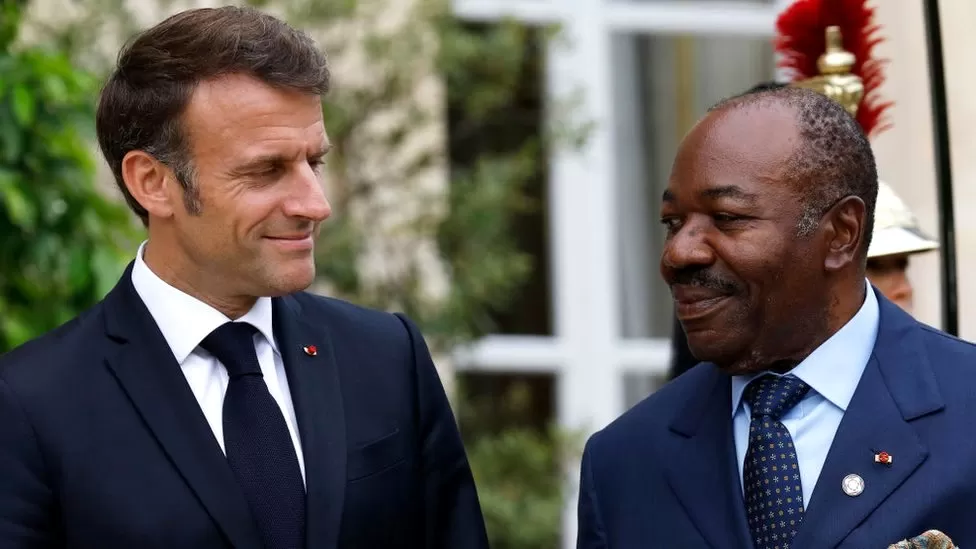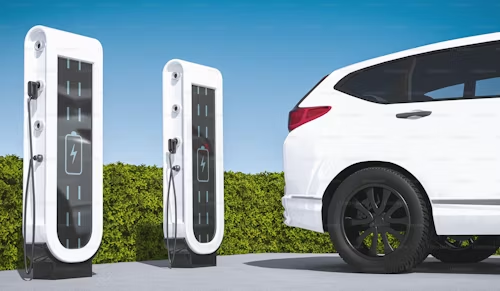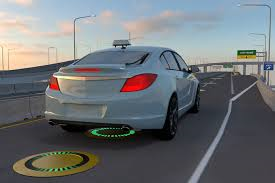
Why is it so often that problems seem to get worse just when they ought to be getting better?
Or in a French-African context, how come President Emmanuel Macron is surveying the tatters of French policy – coups in four Francophone states – just when he thought he had turned his back on all the wicked post-colonialism of the old days?
No-one disputes that there was indeed a long period – roughly corresponding to the Cold War – when France used a certain amount of skulduggery and military muscle to further its interests in La Françafrique.
But no-one can dismiss, either, the fact that for the last quarter-century the message from Paris has been that those days – officially at least – are over.
Gone the automatic request for French soldiers to back up a teetering autocrat; gone the millions in backhanders that helped finance French political parties.
Instead today’s buzzwords are “democratisation”, “empowerment”, “co-operation”, and “engagement with the young”. According to an official at the Élysée Palace: “It’s been a very long time since we had our men in presidential palaces.”
Maybe it would be naive to pretend that all is above board, and that there aren’t still nefarious pressures and sweeteners passing back and forth between Paris and francophone capitals.
But surely it is also a wild exaggeration to claim that French influence is anything like it used to be.
To take the case of Gabon – often seen as the emblem of corrupt post-colonialism – it is certainly true that deposed President Ali Bongo’s father Omar Bongo was regarded condescendingly as “one of ours” by successive French presidents, and benefited accordingly, as did they.

But if French reach is still so great, how is it that Ali Bongo made moves to pull Gabon out of the Francosphere to the point of actually joining the Commonwealth last year?
The Bongos’ amassment of wealth – and its secretion in Paris – was no doubt legendary. But was it not the action of French anti-corruption judges, unimpeded by politicians, that led to its exposure and to criminal proceedings against members of the Bongo family, arguably pushing Ali into the arms of the Anglos?
Jet ski Moroccan tourist describes being shot at off Algerian coast
And if Paris still has pull over neighbouring Cameroon, how come its leader Paul Biya recently attended the Russia-Africa summit in St Petersburg, smiling alongside Vladimir Putin?
The fact is – according to journalist Amaury Coutansais, author of Macron’s African Trap – that France is living through a “historical anachronism”, in which it is attributed powers that simply do not exist any more.
“Africa has been globalising,” he says. “These days African presidents have the whole world in their waiting-rooms: Turks, Russians, Israel, even allies of France like Germany and the United States.”
“Oppositions in Africa imagine that France is still all-powerful. In reality, while France was doing all the dirty police work, its rivals were sweeping up the contracts.”

So to return to the original question: if French influence is on the wane in Africa, how come it is now that we are seeing the fiercest backlash against it?
Surely it would have been more appropriate when former President Charles De Gaulle’s Monsieur Afrique, Jacques Foccart, really was arranging coups d’état in the 1960s and beyond, and when bags of dirty money really were transiting to Le Bourget airport near Paris.
The answer comes in two parts.
First, there is some deep-rooted psychological reason why, in all sorts of areas, the perception of a problem’s seriousness grows in proportion to its apparent amelioration. There’s probably a law somewhere that describes the process.
When people are deeply buried in an injustice or discrimination, they find it hard to see the bigger picture. Small improvements are all that can be expected and are welcomed. Only when people begin to imagine a full emancipation, do they perceive the full extent of their subjection. And they get angrier.
That’s one theory. France’s colonial presence in the Sahel and Central Africa was so entrenched that it was bound to provoke an increased sense of outrage among today’s more self-confident generations. As Coutansais says: “Everything passes – except the past.”
The second explanation does not contradict the first, but acts as a complement.
This is that the French are not wrong in seeing outside hands at work.

In a speech to French ambassadors on Monday, President Macron described the “baroque alliance between self-proclaimed pan-Africans and neo-imperialists” which he said had provoked the recent “epidemic of putsches” in French-speaking Africa, referring to Gabon, Niger, Burkina Faso, Guinea and Mali.
In President Macron’s eyes, the “neo-imperialists” are Russia and China, which he believes have dripped poison words into the over-eager minds of wannabe putschists, and hypocritically stirred up old arguments over sovereignty and colonial exploitation.
For him, France is in the Sahel not for the sake of overpowering its former colonies, but “because there is a terrorist threat, and sovereign states asked us to help”.
To believe otherwise, he said on Monday, was to live in a “world gone mad”.
Quite evidently, though, many people do prefer the conspiracy theory, which is why, just when things should be getting better – they are getting worse.












